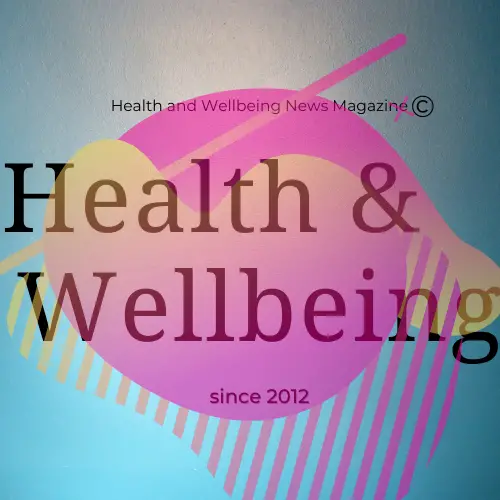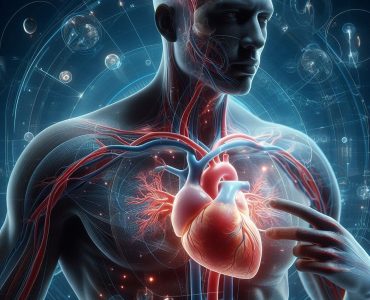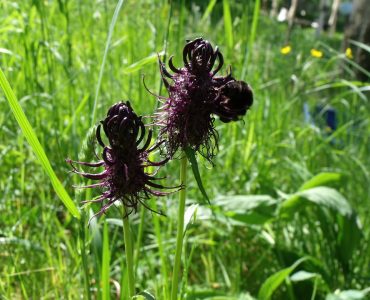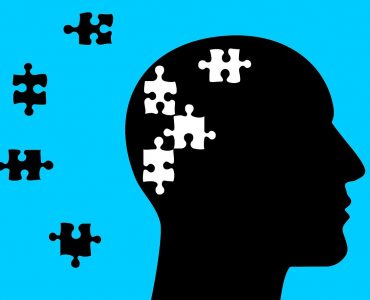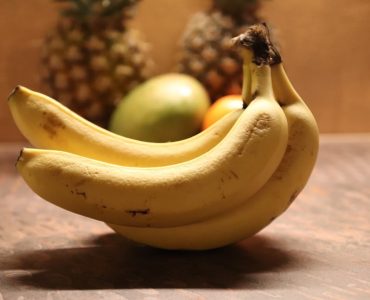The heart is a pump designed to force blood through our body. Blood is pumped from the heart through the arteries out to our muscles and organs.
Pumps work by generating pressure. Too much pressure puts a strain on the arteries and on the heart itself. This can cause an artery to rupture or the heart to fail under the strain – in the worst case stopping altogether.
Blood pressure depends on a combination of two factors:
- how forcefully the heart pumps blood around the body
- how narrowed or relaxed your arteries are.
Hypertension occurs when blood is forced through the arteries at an increased pressure. Around 10 million people in the UK have high blood pressure – that’s one in five of us. Most people have had their blood pressure taken at some time. It is a simple procedure that gives a lot of useful information about the heart and the condition of the blood vessels.
The doctor measures the maximum pressure (systolic) and the lowest pressure (diastolic) made by the beating of the heart. The systolic pressure is the maximum pressure in an artery at the moment when the heart is beating and pumping blood through the body. The diastolic pressure is the lowest pressure in an artery in the moments between beats when the heart is resting.
Both the systolic and diastolic pressure measurements are important – if either one is raised, it means you have high blood pressure (hypertension). Blood pressure is expressed as two numbers, the first being the systolic, the second being the diastolic reading. “Normal” blood pressure is 120/80.
There is a natural tendency for blood pressure to rise with age due to the reduced elasticity of the arterial system. Age is therefore one of the factors that needs to be taken into account in deciding whether a person’s blood pressure is too high. In general terms, people with a systolic blood pressure consistently above 160mmHg and/or a diastolic pressure over 100mmHg need treatment to lower their blood pressure.
People with slightly lower blood pressures (140-159mmHg systolic or 90-99mmHg diastolic) may also need treatment if they have a high risk of developing cardiovascular disease, eg stroke or angina (chest pains).
One of the big problems with high blood pressure is that it hardly ever causes symptoms. This means it may go unnoticed until it causes one of its later complications such as a stroke or heart attack. Despite the popularity of such ideas, nosebleeds and ruddy complexions are hardly ever caused by high blood pressure. Severe hypertension can cause symptoms such as headache, sleepiness, confusion, coma.
Nutritional Supplements that could help. (Refer to the individual supplement for cautions in use.)
| Supplement/Herb | What it does | Dosage |
|---|---|---|
| Magnesium | Muscle relaxant, involved in the heart muscle contraction/relaxation with calcium | 200mg-600mg daily |
| CoEnzyme Q10 | Needed for energy production in the heart muscle to effectively pump blood round the body. Can become depleted with age and the use of statin drugs. | 60-200mg daily |
| Taurine | Regulates the transportation of minerals in and of the heart cells. Inhibits the production of angiotensin which raises blood pressure. | 500-3000mg daily on an empty stomach |
| Hawthorne | Helps to lower blood pressure by dilating arteries, diuretic effect and inhibiting angiotensin activity. | 150-450mg daily |
| Omega 3 | Reduces aldosterone, a hormone known to raise blood pressure. | 700mg-2800mg EPA/DHA daily |
| Garlic | Helps to prevent blood stickiness. | As directed |
| Valerian | A calming herb which can balance the effects of stress. | 500mg 3 times daily |
Diet and Lifestyle Factors
Anyone can suffer from high blood pressure, but certain factors can seriously aggravate hypertension and increase the risk of complications. In order to reduce your risk of developing high blood pressure, or to reduce it if high you should:
Eliminate from your diet:
- Salt, Saturated fats and Trans fats which are often found in processed foods.
- Sugar and refined carbohydrates. Red meat and fried foods.
- Alcohol and caffeine as both cause blood pressure to rise.
Increase:
- Eat a varied diet with at least 5 portions of fruit and vegetables per day, especially leafy greens. Include garlic, onions, and celery.
- Try including some vegetarian sources of protein in your diet and have oily fish, (salmon, tuna, sardines, mackerel, herring) at least 3 times a week.
- Nuts and seeds are great for snacks and include the essential fatty acid omega 3. Eat whole grains such as brown rice and granary bread.
- Most people with high blood pressure are overweight. Maintaining your ideal body weight will help prevent high blood pressure and diabetes.
- Take regular exercise to strengthen your heart muscle.
- Stop smoking
- Avoid stress – stress increases aldosterone production and generally increases blood pressure. Utilise stress management techniques such as relaxation and meditation.
- Homoeopathic Remedies which may help. (Refer to the individual remedy for guidance on the one that is most appropriate for you.)
- Argentum nitricum
- Belladonna
- Calcarea carbonica
- Lachesis
- Natrum muriaticum
- Nux vomica
- Phosphorus
